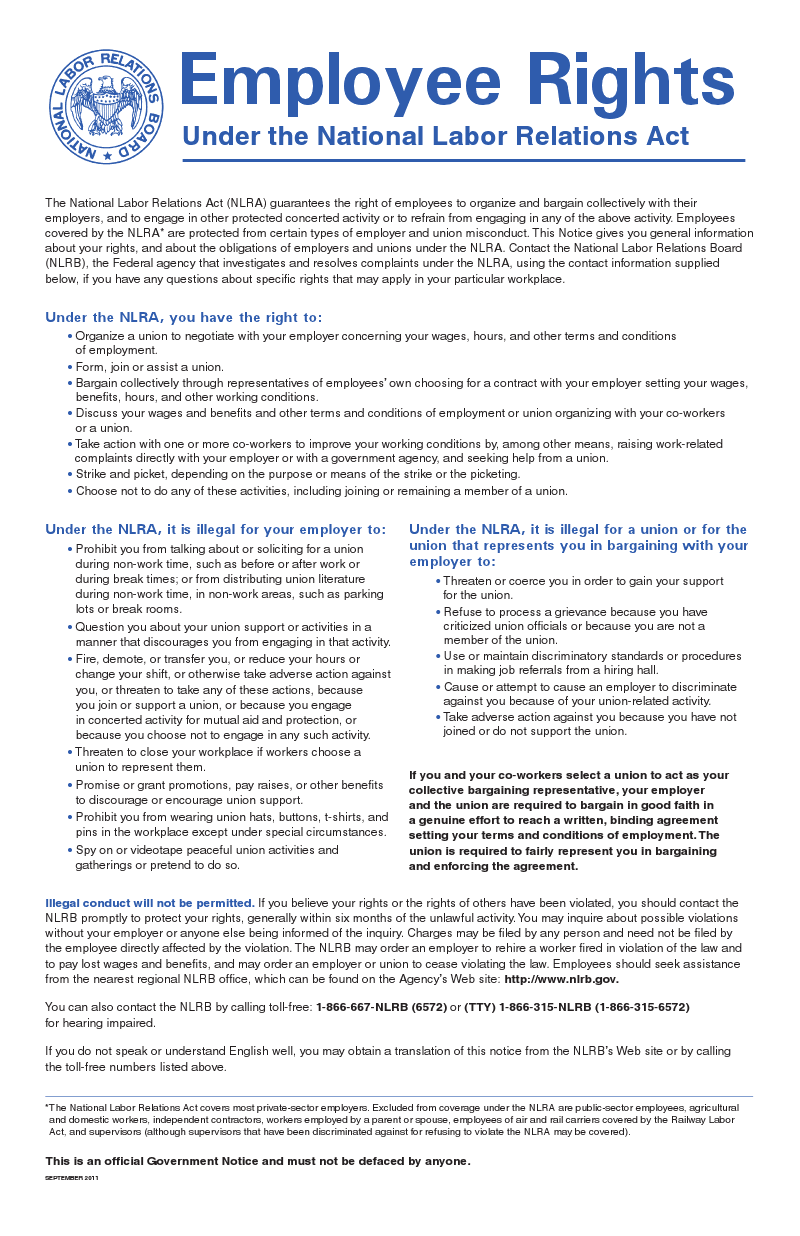Search
3d Cir: Obama NLRB recess appointments (Becker too) were unconstitutional
 In a 2-1 decision issued today (copy here), the Third Circuit Court of Appeals ruled that the National Labor Relations Board lacked the authority to act as early as March 2010, when President Obama appointed Craig Becker to the Board. The Third Circuit held that Member Becker’s appointment to the Board while the Senate was on an intrasession recess (a break within a session of the Senate) was unconstitutional. Implicit in the court’s decision is that the appointments of Members Block, Griffin, Flynn in 2013, while the Senate held pro-forma sessions, were also invalid.
In a 2-1 decision issued today (copy here), the Third Circuit Court of Appeals ruled that the National Labor Relations Board lacked the authority to act as early as March 2010, when President Obama appointed Craig Becker to the Board. The Third Circuit held that Member Becker’s appointment to the Board while the Senate was on an intrasession recess (a break within a session of the Senate) was unconstitutional. Implicit in the court’s decision is that the appointments of Members Block, Griffin, Flynn in 2013, while the Senate held pro-forma sessions, were also invalid.
The Third Circuit ruled that recess appointments are only valid if made during intersession breaks (i.e., between sessions of the Senate).
This decision is crazy-long (102 pages plus a 55 page dissent). Thankfully, my Dilworth Paxson colleagues, Erin Galbally and Marjorie Obod prepared an e-alert summarizing the decision.
 The Employer Handbook Blog
The Employer Handbook Blog






